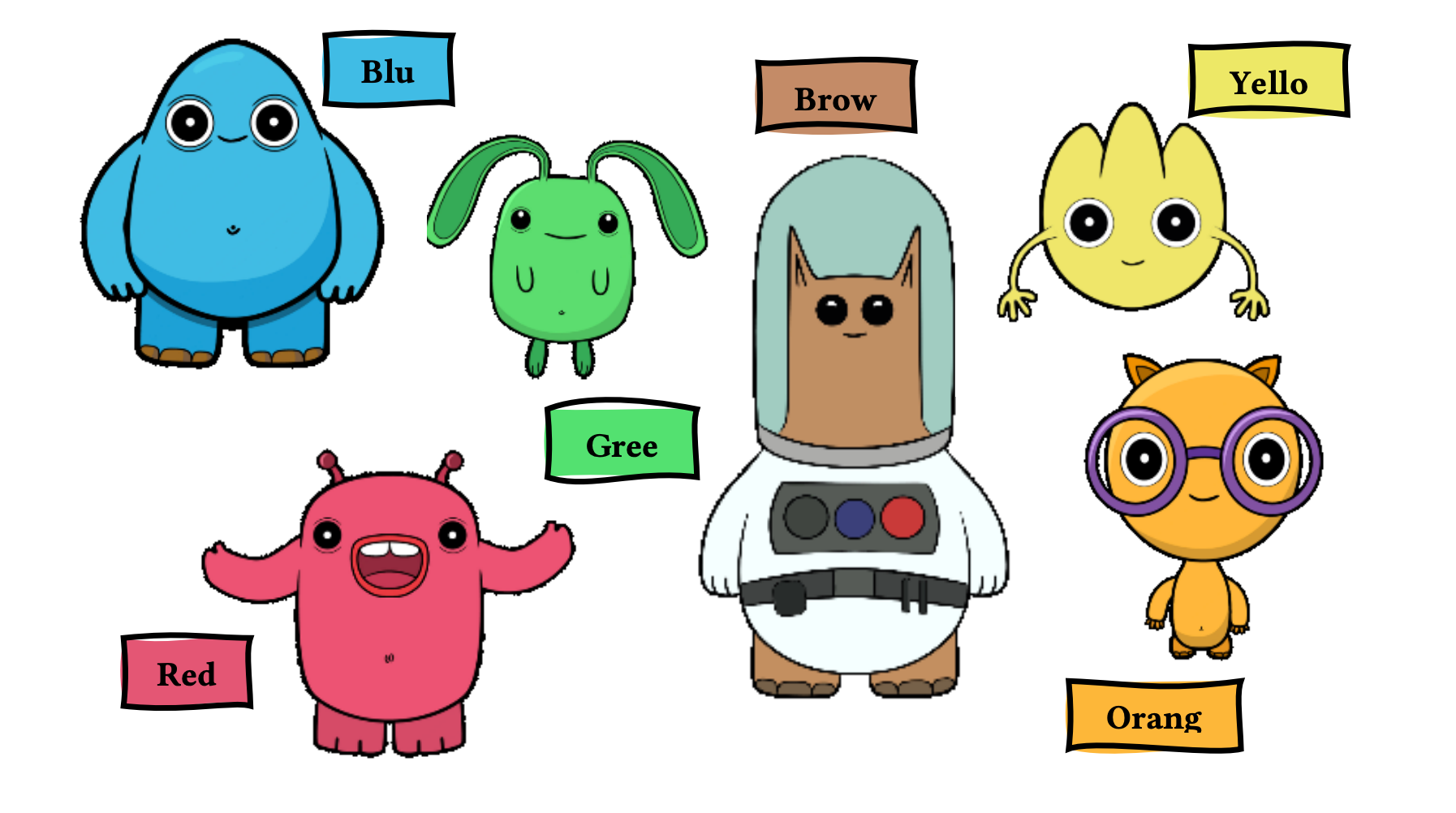Conference Paper | Space Vision: Developing a Game for Vision Screening and Home-Based Monitoring
- 2021 | Stuart Gray, Chris Bevan, Kirsten Cater and Stephanie Campbell
- CHI PLAY '21. ACM.
Honorable Mention Award

Abstract | This paper presents a novel mobile serious game, “Space Vision”, which uses a hidden-object mechanic with fiducial marker detection to gamify a clinical test of visual acuity – a key marker of childhood eye disease. For Space Vision to become a credible clinical tool that can facilitate the screening and home-monitoring of children’s visual acuity, it must be able to sustain player engagement over the extended durations required to detect vision abnormalities. Hence, we pay particular attention to developing effective game characters – a crucial aspect of children’s game design. Using an early prototype with 13 school children (aged 5-6 years), we investigate player experiences through a series of evaluation sessions, involving a single one-to-one observational playtest, semi-structured interview, and ideation activity with each child. Thematic analysis of our session video recordings, written observations, and ideation artefacts, found that future game iterations must: increase resonance between players and game characters by providing aesthetic and behavioural customisation, embrace more anthropomorphic styling, better imbue narratives pertaining to children’s ‘life scripts, and feature fantasy character powers as a form of self-expression. Meanwhile, greater physical device support and digital incentivisation of body posture and head position are key to improving the reliability of the visual acuity measurement.